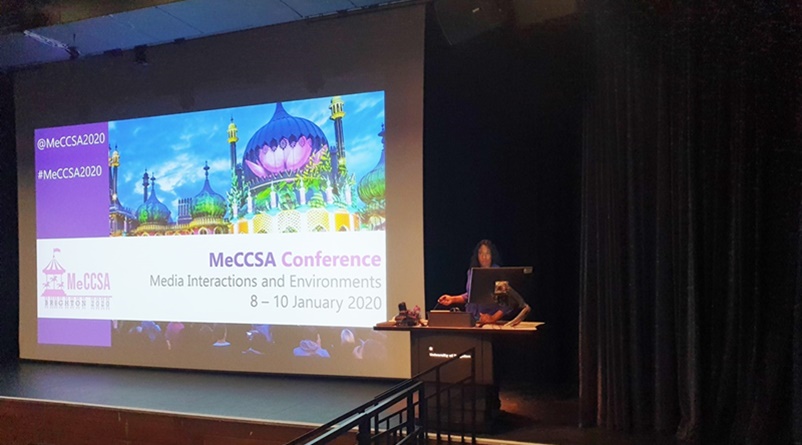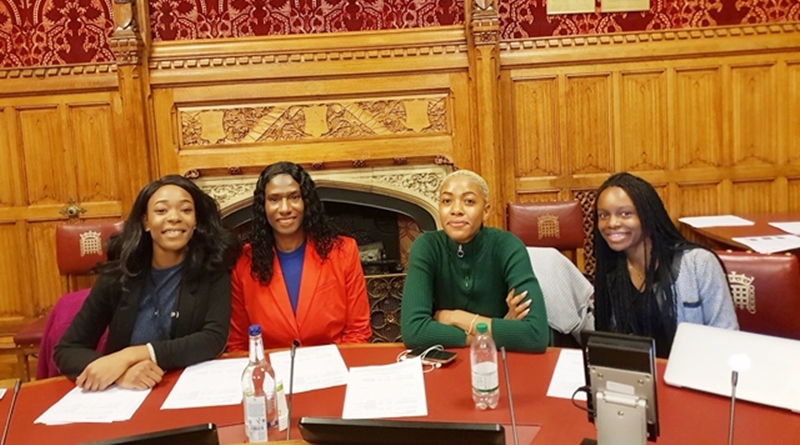Pauline graduated in 2016 with a BA in Advertising and reflects on how her life has informed her current thinking around race:
“[I’m] a 22-year-old Congolese girl who left my country due to factors influenced by war, with a chronic illness (fibromyalgia) that has affected my academic life for nearly a decade.
“I was born in the Democratic Republic of Congo but am unable to recall any memories of living there as when I was four years old, my family moved to Ivory Coast. Although they are both French-speaking African countries, I still remember being greeted with this cultural shock in terms of what I remember thinking was really strange food and accents. Just as I begun to settle, we then moved to the UK, where at the age of five the shock was even greater.
“Having to learn the language and wrap my head around the fact that even within this big city, there were many more people with their own cultures, ways of living and religions. I definitely see myself as a religious person and religion has definitely given me the needed faith during hard situations throughout my life.”
In October 2016, Pauline delivered a presentation on her undergraduate dissertation: You Just Have to Laugh It Off: A Study on How Humour is Used During the Sharing of Experiences About Racial Microagressions, which was inspired by her own experiences, at the Sisterhood, Solidarity, Self-Empowerment event at University of the Arts London. She says:
“During my second year at Bournemouth University, a lecturer once made a comment that she expected me to have family or friends who have suffered from Ebola. It was at that moment that I looked around the room and realised I was the only non-White person. I did not comment on the incident until I arrived home and told my housemate about it and by the end of the conversation we were both laughing.
“It never really occurred to me just how much humour is used as a coping mechanism for racialised experiences that one is unable to respond to. The more I spoke to Deborah, my dissertation supervisor about the relationship between racial microaggressions and humour and the more I researched it, the more I realised that in Britain, it is actually very common and it affects many aspects of Black and Asian people’s lives without them even realising it. I have always been passionate about issues to do with race and racism; I read books, watch documentaries and attend events. But it wasn’t until I spoke to group of people about their experiences and heard the anger and hurt in their voices, that a drive within me was triggered. There is still so much more educating to do and I feel like I need to be part of it in any way I can.”




